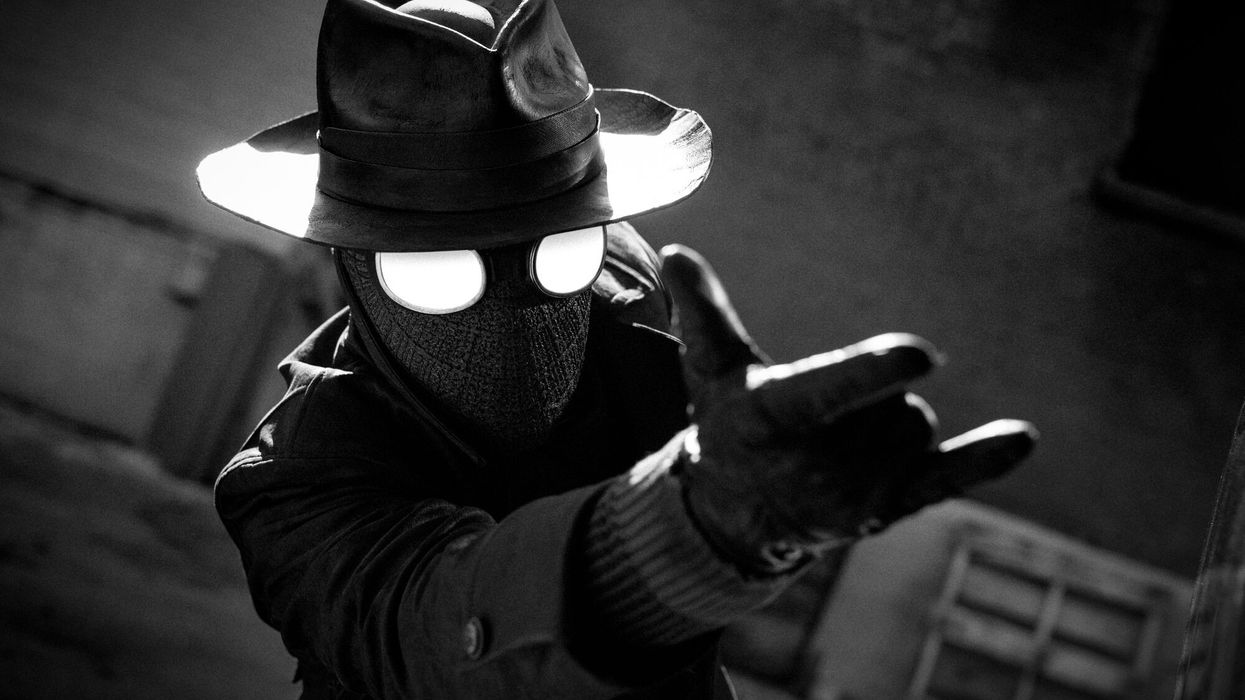AT LEAST 17 people died in a fire that broke out in a building in the Indian city of Hyderabad, officials said on Sunday.
The blaze started early Sunday morning in a three-storey building that houses a jewellery store.
According to a statement from the fire disaster response emergency and civil defence department in Telangana state, the call for help came in just after 6 am local time (00:30 GMT).
"The fire broke out on the ground floor and spread to the upper floors. Firefighting, search & rescue operations were carried out simultaneously," the statement said.
It also listed the names of the 17 individuals who died.
"The suspected cause of the fire is under investigation," it added.
Indian prime minister Narendra Modi expressed his "deep grief" over the incident and announced compensation of 200,000 rupees (around $2,300) for the next of kin of each victim.
"Deeply anguished by the loss of lives due to a fire tragedy in Hyderabad, Telangana," Modi said in a statement released by his office.
"Condolences to those who have lost their loved ones. May the injured recover soon."
Fires are frequent in India due to weak enforcement of safety regulations, overcrowded buildings and poor construction practices.
Last month, a fire at a hotel in Kolkata killed at least 15 people. Some people escaped by climbing out of windows and onto the roof.
In a separate incident last year, at least 24 people died when a fire broke out at an amusement park arcade in the western state of Gujarat.
(With inputs from AFP)



















